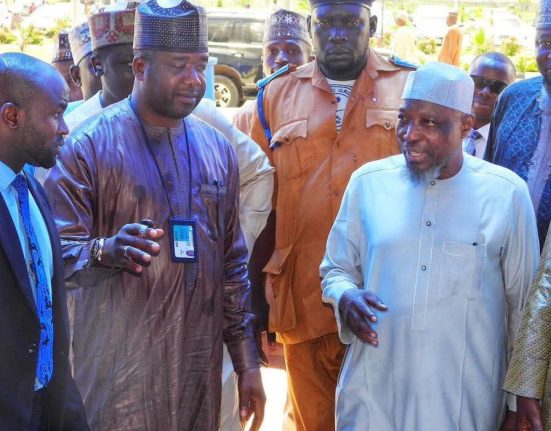The World Health Organisation (WHO) has raised concerns over a looming shortage of HIV medications in Nigeria, Haiti, Kenya, Lesotho, South Sudan, Burkina Faso, Mali, and Ukraine following the United States’ decision to halt foreign aid.
Speaking at a press conference on Monday, WHO Director-General Tedros Ghebreyesus warned that this disruption could jeopardize millions of lives and reverse two decades of progress in the fight against HIV, malaria, tuberculosis, and polio.
“The suspension of foreign aid could result in over 10 million new HIV infections and three million related deaths,” Ghebreyesus cautioned.
Nigeria’s Response to the Funding Gap
In response to the US aid cut, the Nigerian government has intensified efforts to strengthen its domestic HIV response. On February 3rd, the Federal Executive Council (FEC) approved $1.07 billion to support healthcare sector reforms under the Human Capital Opportunities for Prosperity and Equity Programme. Additionally, N4.8 billion has been allocated specifically for HIV treatment, as announced by Finance Minister Wale Edun.
Further addressing the financial gap, the Nigerian Senate has allocated an additional N300 billion ($200 million) in the 2025 budget to support key health programs, including HIV, tuberculosis, malaria, and polio interventions.
Wider Impact on Global Health Programs
Beyond HIV, the WHO chief highlighted the devastating impact on tuberculosis programs in 27 African and Asian countries, where shortages of healthcare workers, diagnostic tools, and essential medicines are worsening. Already, nine countries have reported disruptions in the procurement and supply chains for TB drugs, endangering countless lives.
Similarly, Ghebreyesus noted that the Global Measles and Rubella Laboratory Network, which operates across over 700 sites worldwide, is on the brink of shutdown due to the funding cuts.
WHO Urges Responsible Transition
Acknowledging the US government’s decision, Ghebreyesus stressed the need for a responsible and humane withdrawal process, ensuring affected countries have sufficient time to secure alternative funding sources.
“The United States must ensure that if it withdraws direct funding, it does so in a way that allows nations to adapt and maintain critical health services,” he stated.
With millions of lives at stake, the global health community continues to seek solutions to prevent a major health crisis in the affected regions.







